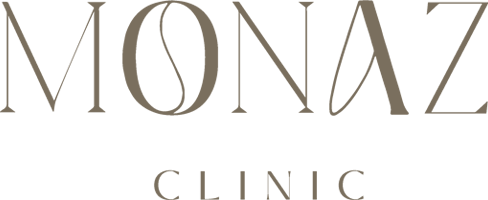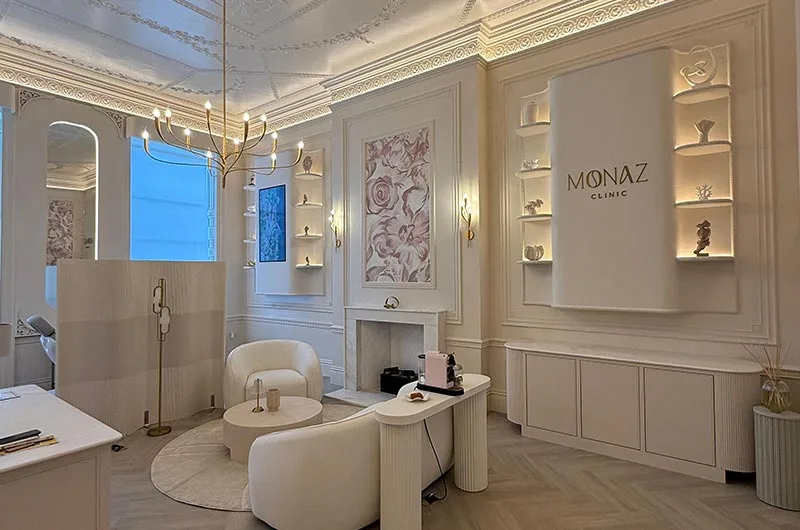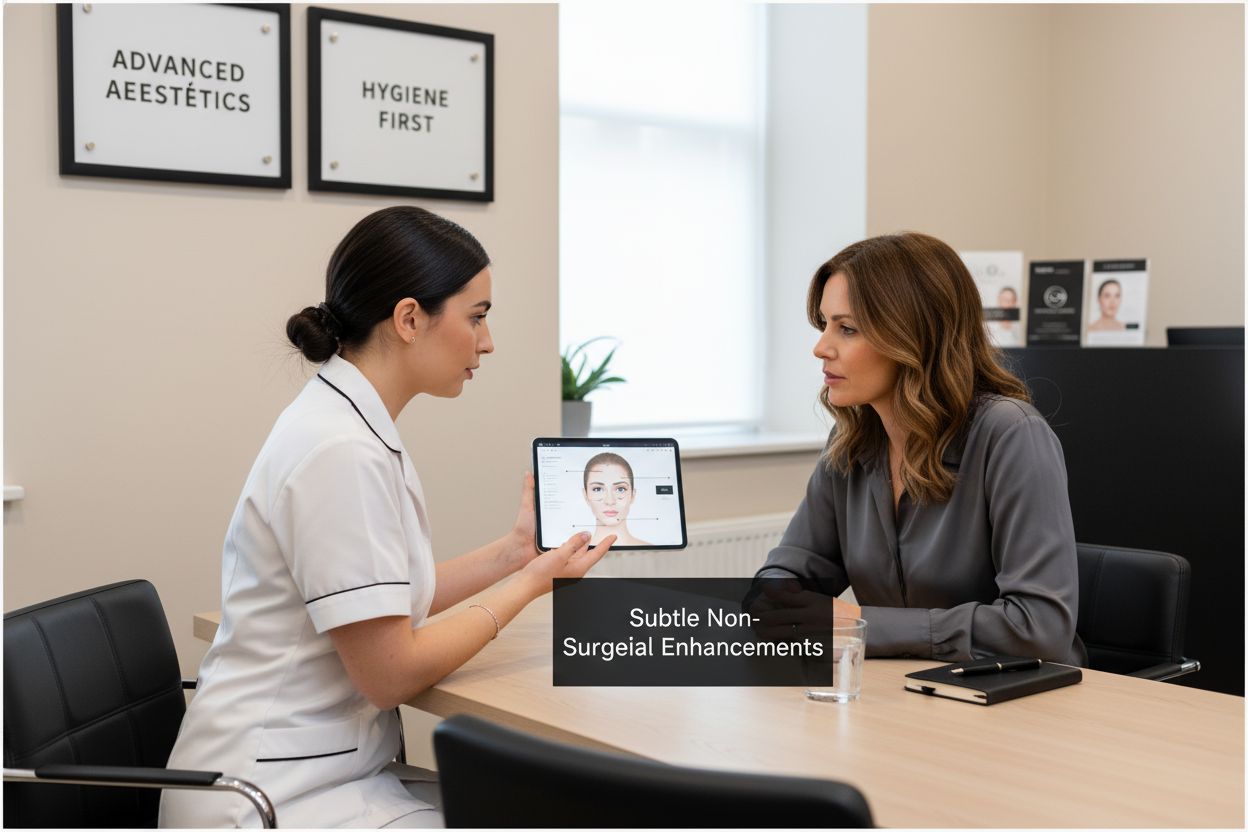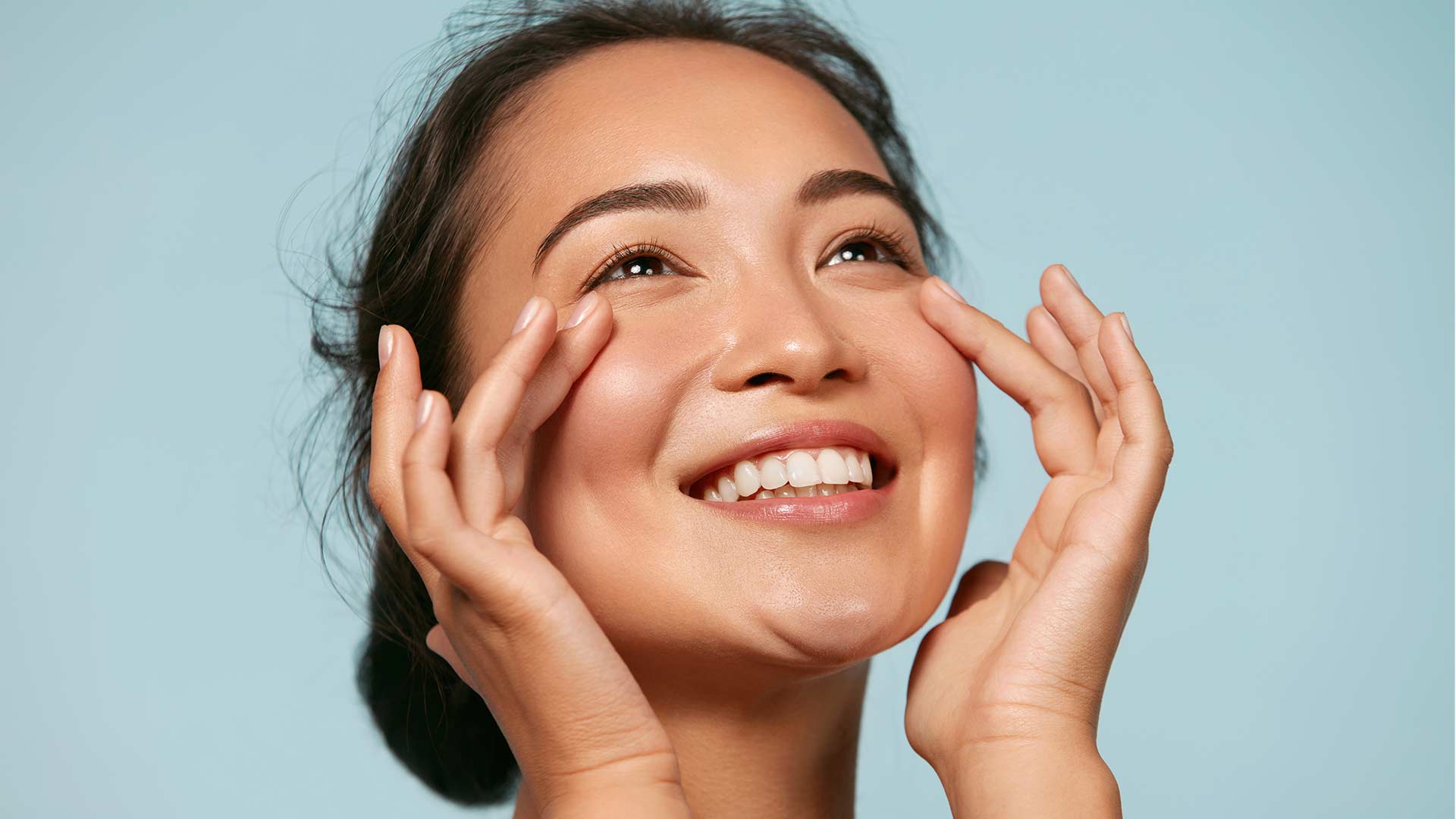Facial aesthetics guide for women covers treatments, natural results, types of procedures, benefits, safety, and regulations in London clinics.
Did you know that over one million non-surgical facial aesthetic treatments are performed each year in the UK? As modern techniques deliver natural results without the need for surgery, more women are seeking subtle ways to enhance their appearance and boost self-confidence. Advances in cosmetic science now make it possible to smooth fine lines, refine facial features, and achieve a refreshed look that feels truly personal and timeless.
Key Takeaways
| Point | Details |
|---|---|
| Non-surgical Treatments | Facial aesthetics include a variety of non-surgical procedures like injectables, fillers, and peels, aimed at enhancing natural beauty and reducing signs of aging. |
| Target Demographic | Ideal candidates for these treatments are mainly women aged 30-55 seeking subtle, natural-looking enhancements. |
| Regulatory Landscape | The industry is moving towards mandatory licensing and safety standards to ensure practitioners meet rigorous training and safety protocols. |
| Risks and Selection Criteria | Patients must understand potential risks associated with treatments and should choose clinics based on verified credentials and adherence to regulatory standards. |
Table of Contents
- What Is Facial Aesthetics And Who Benefits
- Popular Types Of Facial Aesthetic Treatments
- How Non-Surgical Procedures Work
- Safety Regulations And Practitioner Qualifications
- Risks, Costs, And Choosing A Clinic
What Is Facial Aesthetics and Who Benefits
Facial aesthetics represents a sophisticated world of non-surgical cosmetic interventions designed to enhance and refresh one’s natural appearance. According to Commons Library Research, these treatments encompass a range of procedures such as injectables, fillers, chemical peels, and laser techniques, all aimed at improving facial symmetry and reducing visible signs of ageing.
Modern facial aesthetic treatments appeal to women seeking nuanced, elegant enhancements. As Vogue Business highlights, there’s a growing trend towards the ‘undetectable aesthetic’ – subtle interventions that preserve natural beauty while gently rejuvenating one’s appearance. These treatments are particularly attractive for women who want:
- Refined facial contouring
- Reduced fine lines and wrinkles
- Enhanced skin texture and tone
- Improved facial symmetry
- A youthful, refreshed look without dramatic changes
Professional facial aesthetic treatments are ideal for individuals between 30-55 who desire gentle, sophisticated improvements. Whether you’re preparing for a significant life event, seeking to boost professional confidence, or simply wanting to invest in self-care, these procedures offer personalised solutions that respect your unique facial characteristics.
Popular Types of Facial Aesthetic Treatments
Facial aesthetic treatments have evolved dramatically, offering women sophisticated options for rejuvenation and enhancement. According to Bupa, the UK market features several primary non-surgical treatments that address different aesthetic concerns, ranging from wrinkle reduction to skin texture improvement.
Classic Aesthetic Treatments
Here’s a comparison of popular facial aesthetic treatments:
| Treatment Type | Main Purpose | Key Benefits | Typical Duration |
|---|---|---|---|
| Anti-wrinkle Injections (Botox) | Smooth fine lines | Reduces wrinkles Prevents new lines | 3-6 months |
| Dermal Fillers | Restore volume | Contours face Enhances cheeks/lips | 6-18 months |
| Chemical Peels | Skin renewal | Improves texture Reduces pigmentation | Several weeks |
| Microneedling | Collagen stimulation | Boosts firmness Minimises pores | Months (multiple sessions) |
| Laser Resurfacing | Surface regeneration | Treats scars Evens skin tone | Months (multiple sessions) |
| The foundational facial aesthetic treatments include: |
- Anti-wrinkle injections (Botox): Smooths fine lines and prevents dynamic wrinkles
- Dermal fillers: Restore volume and enhance facial contours
- Chemical peels: Improve skin texture and address pigmentation
- Microneedling: Stimulate collagen production and skin renewal
- Laser resurfacing: Treat skin imperfections and promote regeneration
Advanced Aesthetic Innovations
Vogue Business highlights emerging treatments like biostimulators and polynucleotides, which represent the cutting edge of facial aesthetic technology. These advanced procedures offer subtle, natural-looking enhancements that appeal to discerning clients seeking refined rejuvenation without dramatic transformations.
Each treatment is carefully designed to address specific concerns, ensuring personalised approaches that respect individual beauty and promote natural-looking results.
 The key is selecting treatments that complement your unique facial structure and aesthetic goals.
The key is selecting treatments that complement your unique facial structure and aesthetic goals.

How Non-Surgical Procedures Work
Non-surgical facial procedures represent a sophisticated approach to aesthetic enhancement, utilizing targeted interventions that rejuvenate and transform skin without invasive surgery. According to Bupa, these treatments typically involve three primary methods: injectable treatments, topical procedures, and device-based techniques, each designed to address specific skin concerns with precision and minimal recovery time.
Mechanism of Key Treatments
Non-surgical procedures work through different mechanisms:
- Injectables (Botox/Fillers): Temporarily relax muscles or restore volume
- Chemical Peels: Remove damaged outer skin layers
- Microneedling: Stimulate natural collagen production
- Laser Treatments: Target specific skin layers to promote renewal
Medical Oversight and Safety
UK regulatory guidelines are evolving to ensure patient safety, with upcoming regulations mandating face-to-face consultations with qualified medical professionals for injectable treatments. This approach guarantees personalised assessments, comprehensive risk evaluations, and tailored treatment plans that respect individual skin characteristics and aesthetic goals.
Each non-surgical procedure is a carefully choreographed intervention, working harmoniously with your body’s natural healing and regenerative processes to deliver subtle, refined enhancements that look entirely natural.
Safety Regulations and Practitioner Qualifications
Non-surgical cosmetic procedures represent a sophisticated medical field where patient safety is paramount. According to the UK Government Consultation, comprehensive regulatory changes are imminent, designed to establish rigorous standards for practitioners and treatment environments.
Current Regulatory Landscape
Currently, the non-surgical aesthetic industry operates under voluntary professional standards. Research from the Commons Library reveals that while mandatory regulation is not yet established, practitioners can voluntarily join professional registers like:
- JCCP (Joint Council for Cosmetic Practitioners)
- Save Face
- Professional Standards Authority Accredited Registers
Upcoming Regulatory Developments
The proposed licensing scheme will introduce significant improvements, including:
- Mandatory licensing for practitioners and treatment premises
- Risk-based categorization of cosmetic procedures
- Enforced standards for training and infection control
- Mandatory professional indemnity requirements
These developments aim to protect patients by ensuring that only qualified, well-trained professionals can perform non-surgical cosmetic treatments, thereby maintaining the highest standards of safety and professional excellence.
Risks, Costs, and Choosing a Clinic
Facial aesthetic treatments represent an investment in personal confidence, but understanding potential risks and considerations is crucial. According to Marie Claire, selecting a practitioner with accredited medical training is paramount to minimizing complications, particularly for individuals with complex skin conditions.
Potential Treatment Risks
Non-surgical aesthetic procedures can involve several potential risks:
- Scarring: Particularly with deeper treatment techniques
- Infection: Risk increases with improper sterilization
- Poor Aesthetic Outcomes: Unprofessional application can lead to undesired results
- Allergic Reactions: Possible with injectable treatments
- Temporary Side Effects: Bruising, swelling, or skin sensitivity
Clinic Selection Criteria
The Guardian’s investigative reporting highlights the critical importance of verifying clinic compliance with UK and EU regulations. Learn more about selecting the right aesthetic clinic.
Critical factors when choosing a clinic include:
- Verified medical credentials
- Transparent treatment protocols
- Comprehensive consultation processes
- Use of approved, regulated treatments
- Clear pricing and aftercare support
Typical costs for facial aesthetic treatments range from £150 to £800 per session, depending on the complexity and type of procedure. Always prioritize quality and safety over the lowest price point.
Experience True Confidence with Personalised Facial Aesthetics in London
Are you looking for natural-looking facial rejuvenation that enhances your unique features? Many women in London face the challenge of finding safe, medically supervised treatments that avoid exaggerated results. If you want to reduce fine lines, improve skin tone, or restore youthful contours, our fully tailored approach is built for you. Our tips guide offers supportive advice for the decisions ahead.
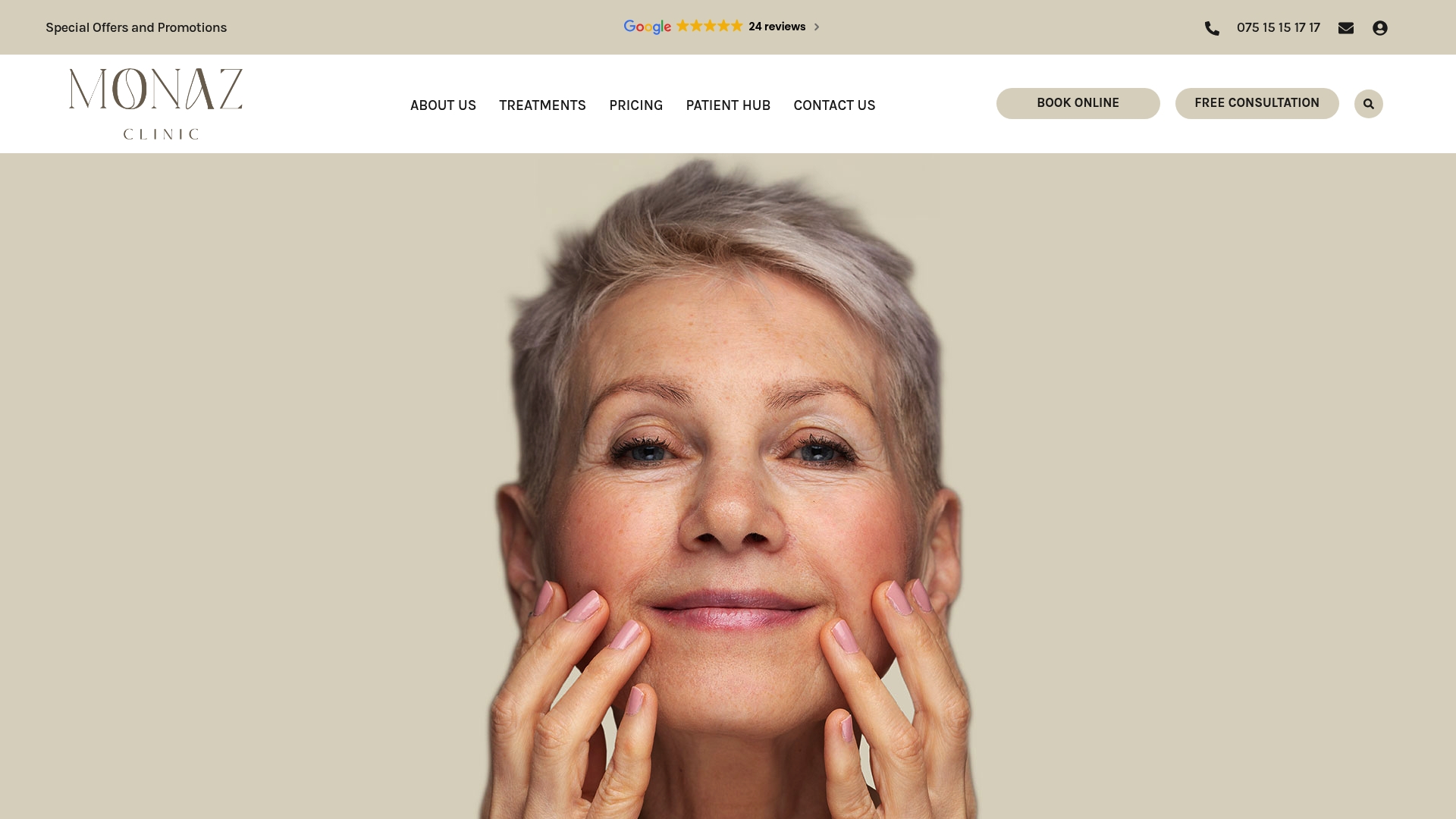
At Monaz Clinic, every step is led by qualified experts who understand your aesthetic goals. We combine medical precision, one-on-one care, and award-winning products so you always feel valued. Book your complimentary consultation today and start your journey to a fresher, brighter you. Discover the reassurance of trusted expertise at Monaz Clinic.
Frequently Asked Questions
What are the most common facial aesthetic treatments?
Facial aesthetic treatments include anti-wrinkle injections (Botox), dermal fillers, chemical peels, microneedling, and laser resurfacing. Each treatment serves specific purposes, such as smoothing fine lines, restoring volume, and improving skin texture.
How do non-surgical facial procedures work?
Non-surgical facial procedures utilize various methods like injectables, chemical peels, microneedling, and laser treatments to enhance skin appearance. These treatments work by stimulating collagen production, removing damaged skin layers, or restoring lost volume.
What should I consider when choosing a clinic for facial aesthetics?
When selecting a clinic, consider the practitioner’s medical credentials, compliance with safety regulations, transparent treatment protocols, and aftercare support. It’s also essential to research the use of approved treatments and pricing structures.
What are the potential risks associated with facial aesthetic treatments?
Potential risks include scarring, infection, poor aesthetic outcomes, allergic reactions, and temporary side effects like bruising or swelling. It’s crucial to discuss these risks with your practitioner during the consultation.
Recommended
- How to Choose Facial Aesthetic Treatments for Stunning Results – Monaz Clinic London
- How to Choose Facial Aesthetic Treatments for Stunning Results – Monaz Clinic London
- 7 Essential Aesthetic Skin Treatments List for Ladies – Monaz Clinic London
- Understanding What is Facial Harmonisation – Monaz Clinic
